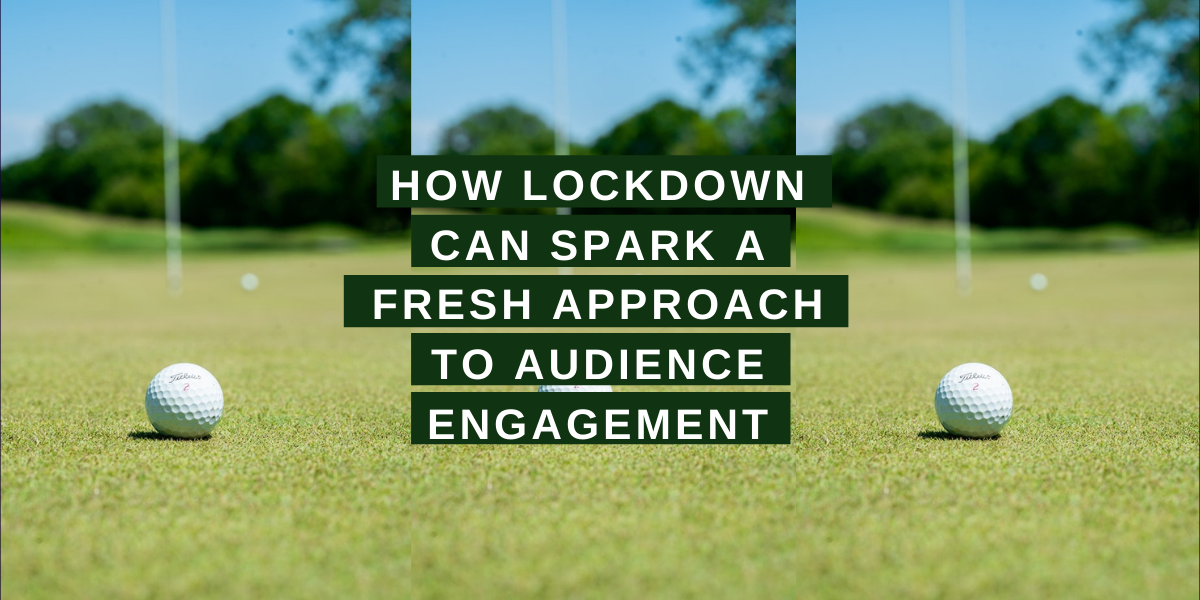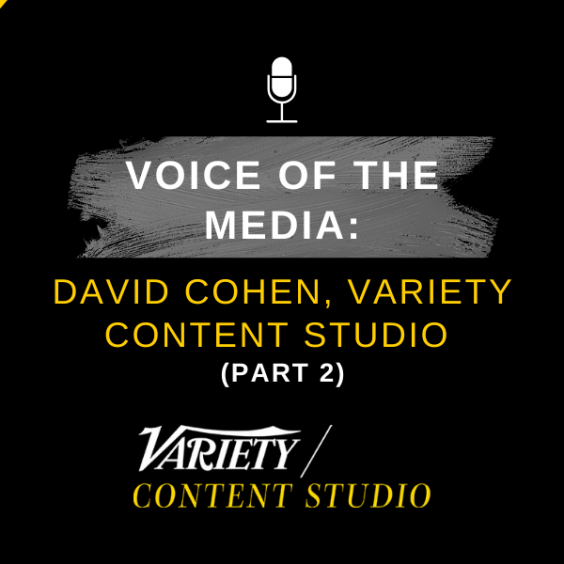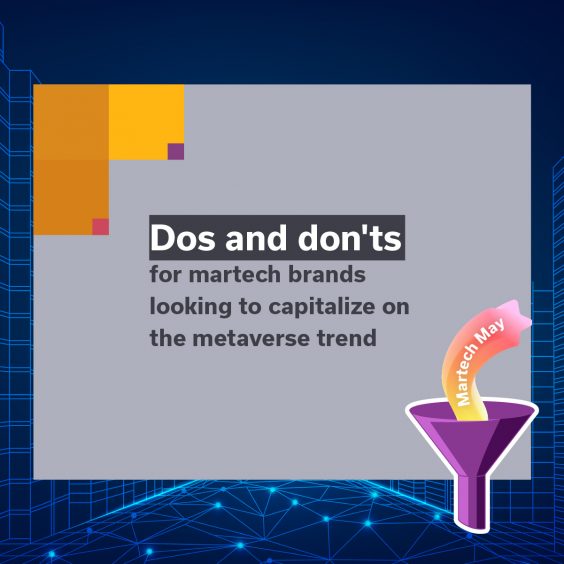Forgive me for teeing this blog off with a bit of golf, but I feel it’s a story we can all take something from in these rough times.
Bryson DeChambeau, an American pro golfer known on the PGA Tour as The Scientist for his experimental/madcap approach, emerged from the Covid-19 lockdown a different man. While most of us were busy clearing our local offy out of booze and bingeing our way through Netflix, the 27-year-old Californian was instead gorging on steak, eggs, peanut butter and protein shakes while doing some serious working out to add 40 pounds of muscle to his already athletic frame.
He wanted to be able to hit the ball harder and further than anyone else, giving him a unique advantage over his competition. Soon after his re-emergence from quarantine, he destroyed the field, and New York’s fearsome Winged Foot golf course, to win the US Open and claim his first ever major title.
His aggressive style of play, described by some as ‘bomb and gouge’, has already ruffled the establishment’s feathers. At his post-win press conference, the newly crowned champion defended his controversial achievement, saying: “I hope this inspires people to say, hey look, maybe there is a different way to do it.”
A fresh approach
Finding a different way makes someone, or something, stand out. It’s often the spark needed to deliver sustained success. What seemed like a pipe dream was given the chance to become a reality as lockdown presented DeChambeau with the opportunity – and time – to put his vision into practice.
For better and worse, Covid-19 has changed everything. Many will not recover from the upheaval it has brought about, but others will survive and even thrive in the new landscape we must now operate in. Although we’re apart, in many ways we’re also closer together, as geography becomes less of a barrier and people get more used to interacting virtually.
This in theory makes it easier to engage with your audience, but with great power comes great responsibility. Reaching that audience is the easy part, grabbing their attention and keeping it is the real challenge.
Getting personal
A recent article in The Drum highlighted how b2b marketing is becoming increasingly indistinguishable from consumer marketing – a trend that has been accelerated by the pandemic and will most likely continue for the long term. It cites “a clear shift from boring, methodical and rational to entertaining, engaging and emotional” that has been “ignited by our personal and professional lives becoming interwoven and the accelerated adoption of digital among B2B marketers.”
Because we’re essentially inviting colleagues, clients, peers and prospects into our homes at the moment, we’re learning more about each other’s lives and personalities. Bland corporate speak is no longer appropriate. We need to understand what makes each person tick, and find a way to deliver our message to them in the most effective way available.
The tools are out there to help with this, and it needn’t be as daunting as it sounds. From social media analytics to consumer insight platforms like Brandwatch, there are now many ways you can identify your audience and their interests. But the challenge is to ensure you’re accessing the most beneficial insights, using them to your advantage and then providing expertise on a range of relevant topics in a clear, concise and engaging way. Let your passion for the subject come across in your story, and open up to the audience so they can discover more about your personality as they read. Bringing together this insight with your knowledge will help to steer the direction of the content you should be producing. Then it’s just a question of being able to write it in a way that resonates.
You can’t do marketing in the same way as before. What worked then may no longer be as effective. So, take inspiration from Bryson DeChambeau: find a better way to do it and outsmart your rivals. Just go easy on those protein shakes.
Learn about our audience engagement services and work here.




